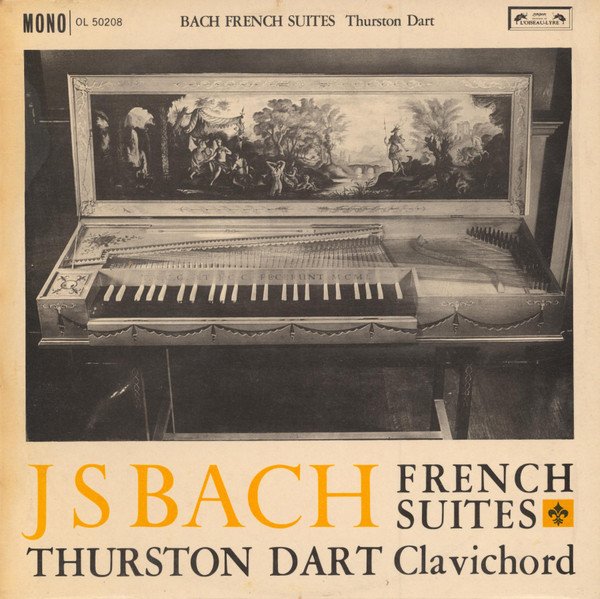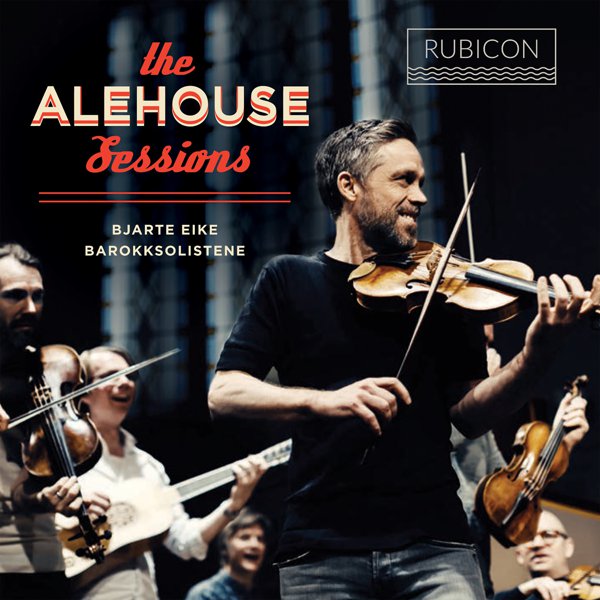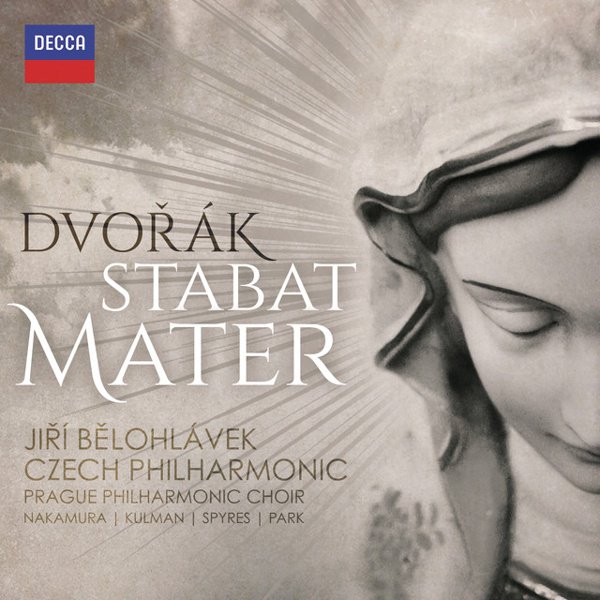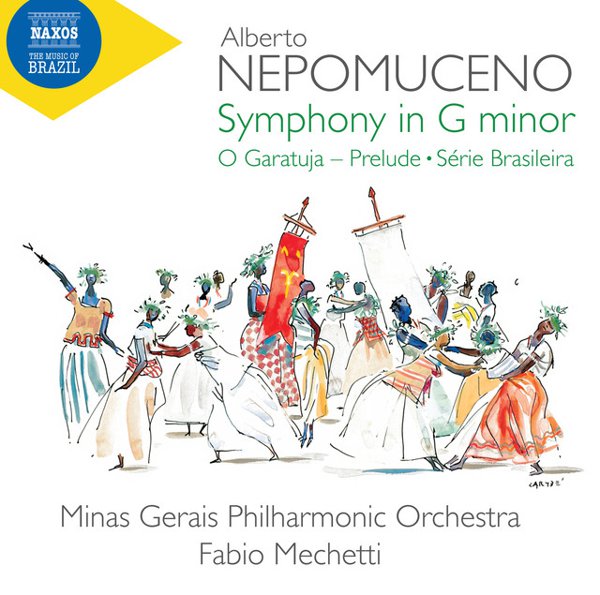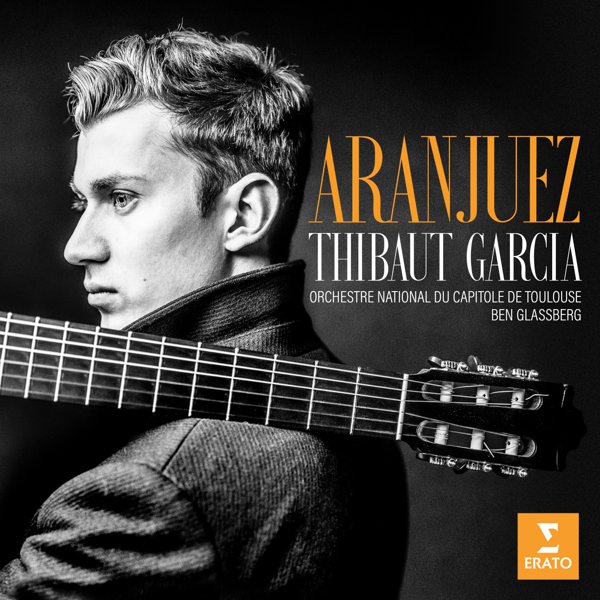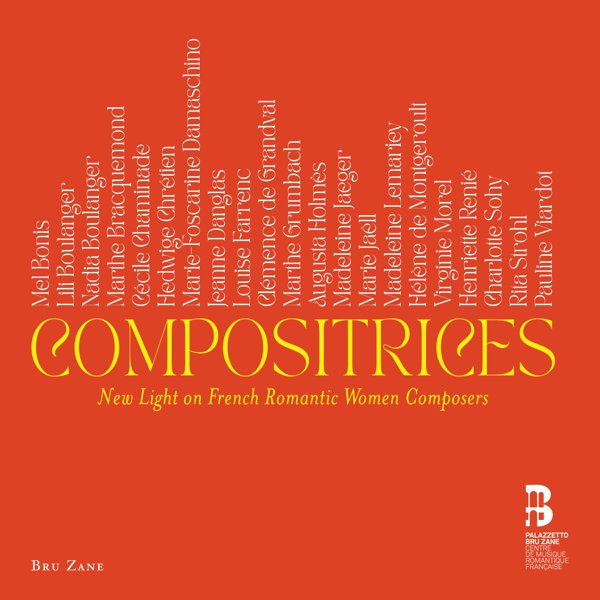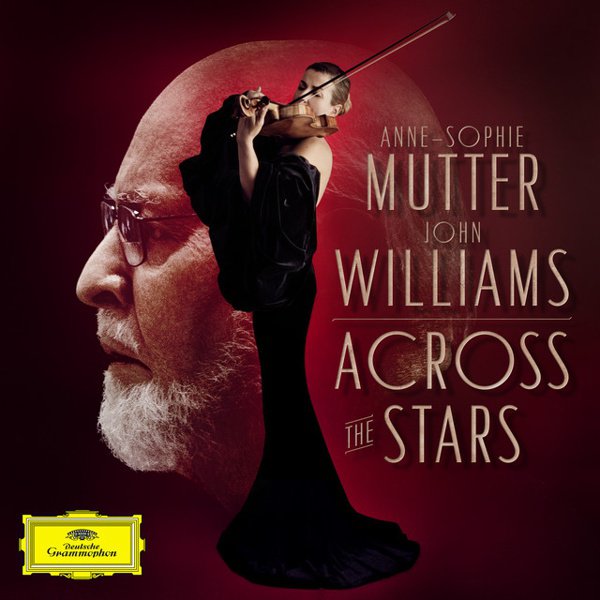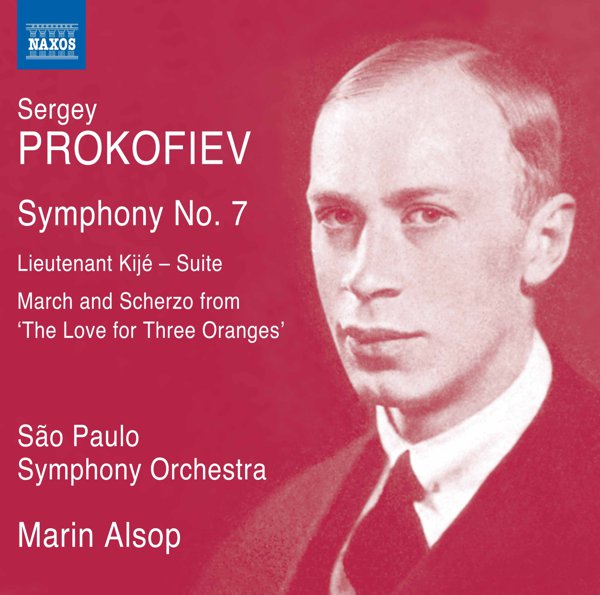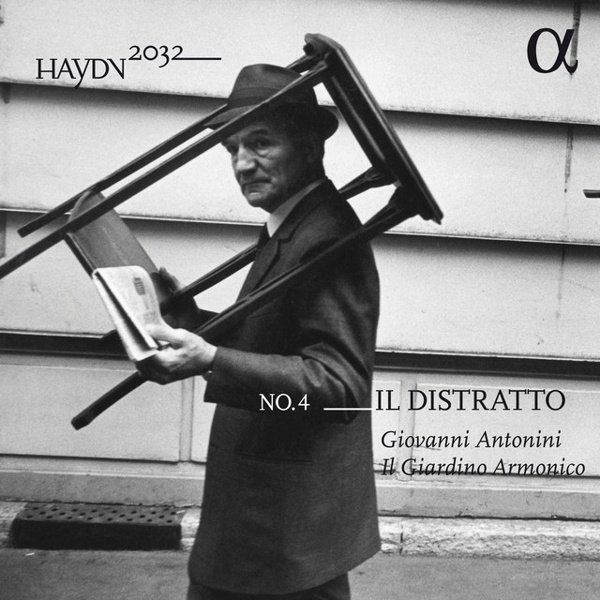Despite Bach’s metonymic association with the harpsichord today, a number of his early biographers suggested that the smaller, more intimate clavichord was his keyboard instrument of choice. Thurston Dart’s probing 1962 account of Bach’s French Suites makes a further compelling case. It may take a few listens to acclimate to the instrument’s more reserved, nasal sound and zither-like twang (the clavichord’s unique action enables performers to apply a form of vibrato called bebung by redistributing finger pressure across the key), but once breathing its air, allow yourself to get lost in its rich, refreshing universe of subtlety. Dart, who served as a statistician for the Royal Air Force in World War II before becoming an eminent Baroque scholar and instigator of the Early Music revival, operates with mathematical precision and marvelous finesse, revealing sides of Bach that only he himself may have known.

